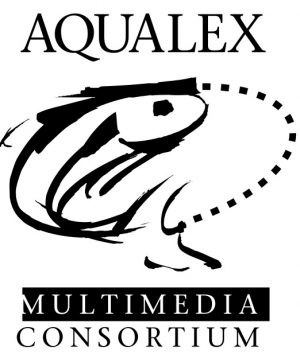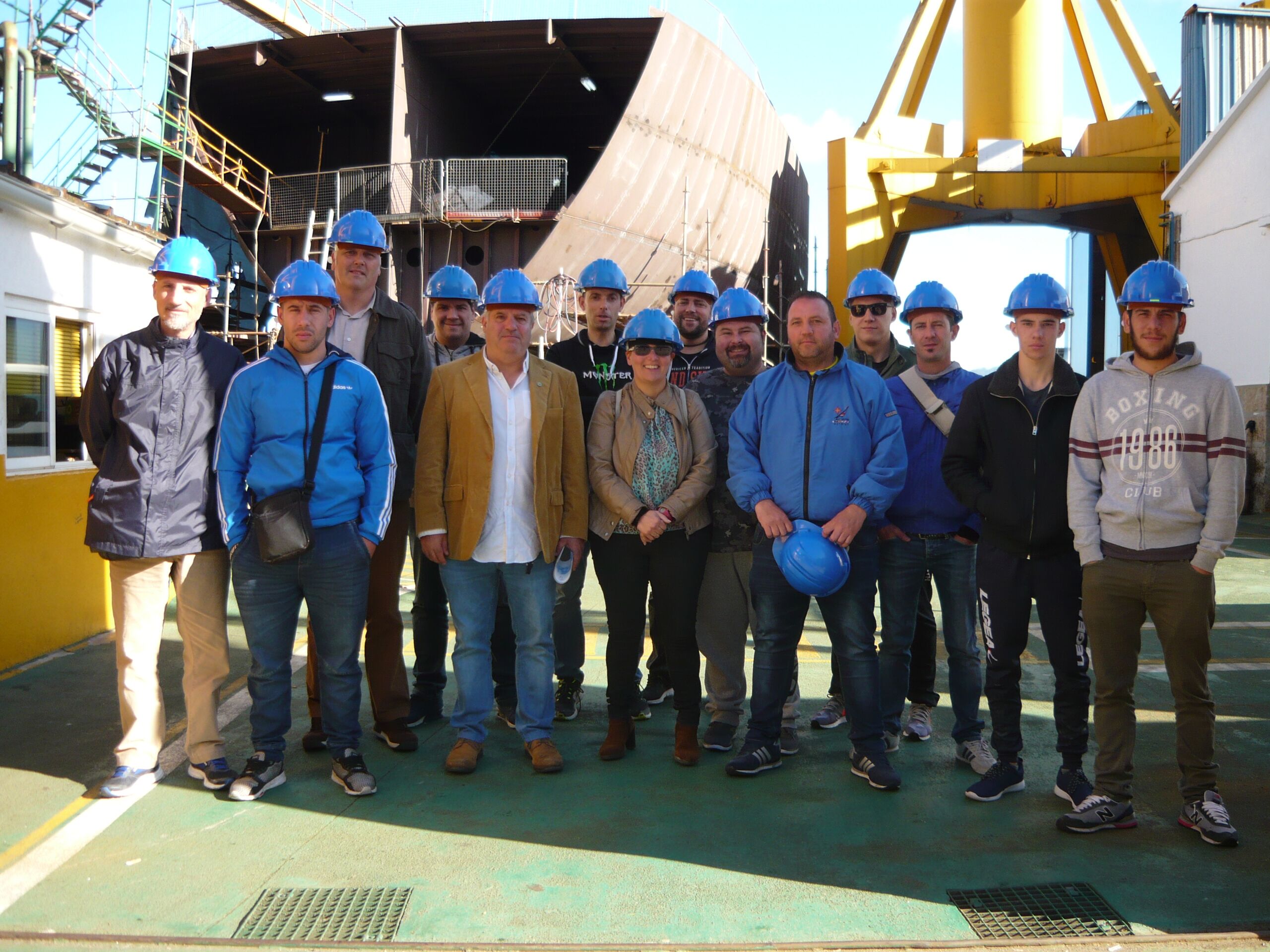The main goal of this Pilot Experience was to define the new occupations emerging from the evolving technologies in the Offshore Renewable Energy sector and the expected modernisation of the Shipbuilding sector, based on ESCO Occupational Profiles.
Definition of New Occupational Profiles Promotional Video
Target Audience
The ESCO[1] community, ESCO and ESCO users are the key target audience. National and regional associations and maritime clusters, together with other projects addressing the definition of new and emerging occupational profiles will also be users of the results of this Pilot Experience.
Layman Report
Learning Outcomes
Coming soon
Interested in running this course?
The course training material is available to freely access below. If you would like to run this course or if you have any queries please contact Lucía Fraga, CETMAR, Spain (lfraga@cetmar.org).
[1] ESCO is the multilingual classification of European Skills, Competences, Qualifications and Occupations (https://ec.europa.eu/esco/portal/home?resetLanguage=true&newLanguage=en)
Further information on ESCO is available at https://ec.europa.eu/esco/portal/escopedia/ESCO_guidelines
This Pilot Experience contributes to the first pillar of ESCO (European Skills, Competences, Qualifications and Occupations), i.e., Occupations. The MATES project has a wide network of experts from both sectors (Shipbuilding (SB) and Offshore Renewable Energy (ORE)), contributing to several thematic groups, which will help to map the new occupational profiles related to their activities.
At least three Pilot Experience coordinators, from CETMAR, AMC and UvA who already belong to the ESCO community will transfer the recommendations from the MATES thematic groups and will also promote the use of the ESCO taxonomy among the thematic groups.
A new protocol to involve external groups in the ESCO community will enhance the use of this methodology in other projects dealing with the definition of occupational profiles, such as Blueprint projects. It will be transferred to those DG EMPL (Directorate General for Employment, Social Affairs and Inclusion) officers in charge of ESCO, the Blueprint projects community and CEDEFOP (European Centre for the Development of Vocational Training).
The results related to the update of occupational profiles and descriptions of emerging occupations will be transferred to the ESCO community. Those accepted for inclusion in the ESCO database will be used by individual workers choosing new lifelong learning pathways, by trainers (VET and HE) developing new relevant work-based learning packages, and by companies dealing with/related to new technologies.
The main goal of this Pilot Experience is to define the new occupations emerging from the evolving technologies in the ORE sector and the expected modernisation of the SB sector, based on ESCO Occupational Profiles (OPs). A valuable output of this Pilot Experience will also be to make available a protocol developed to facilitate the contributions of external experts to the ESCO community, bridging language barriers and unfamiliarity with the use of ESCO collaborative tools.
The specific objectives are:
- To update relevant ESCO descriptors for the occupations primarily related to the SB and ORE sectors (identified in the MATES baseline report D2.1), including essential and complementary knowledge and skills required for a better adaptation to a data-driven and greener industry.
- To define the new occupations expected to emerge in the next decade, transferring to the ESCO community the results of the foresight exercise conducted by MATES project (future scenarios, D2.3)
- To develop a protocol to facilitate the transfer of inputs from external experts to the ESCO community.
- To transfer lessons learnt from the MATES experience and recommendations to the ESCO board, in order to facilitate the use of this methodology in future projects.
The MATES Strategy Baseline report consists of results which were obtained from the extensive work carried out by the MATES partners; workshops with experts, Delphi questionnaires, desk-top studies and surveys. This report synthesises the MATES strategy baseline to bridge the skills gap between training offers and the industry demands in the Maritime Technologies value chain. The full report can be accessed here. Below are the Lines of Actions identified in the report (see pages 17 and 18) which DOP will address:
- SB1: Digital and data-driven technologies
- SB2: Automation and robotics
- SB3: Minimising environmental impact
- ORE1: New digital technologies
- ORE2: Energy storage
- ORE8: Skills that are not yet standardised
- ORE9: Legislation, guidelines and policies








